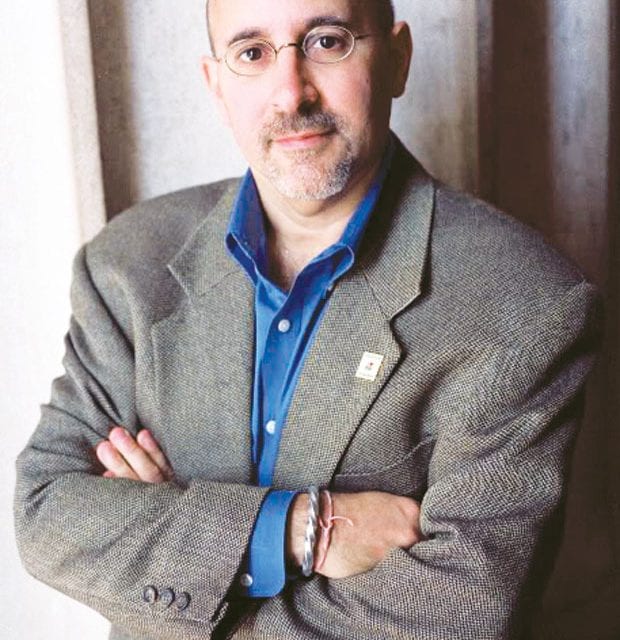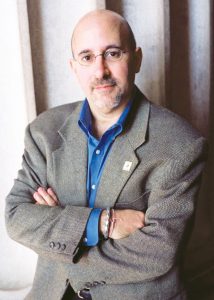Study shows support growing for marriage equality, especially in marriage equality states

A new study by UCLA’s Williams Institute shows that fears that eliminating state bans on same-sex marriage will create a backlash against marriage equality and LGBT people are in accurate. In fact, the study indicates, getting rid of those bans usually accelerates acceptance of marriage equality.
Evan Wolfson, president of the national marriage equality advocacy organization Freedom to Marry, said the study “confirms that marriage wins are a self-fulfilling engine of support. Once the freedom to marry comes to a state, people see families helped and no one hurt, and support surges.”
Wolfson added that the study results “solidly debunk opponents’ desperate efforts to conjure up the specter of an impending ‘backlash,’ and undersore the unfairness of depriving people in the remaining 13 states” — including Texas — “of the informed choice that the end to discrimination provides. Once the Supreme Court brings an end to the exclusion from marriage in the states still left out, we can expect support to grow rapidly there as well — a true win-win.”
The U.S. Supreme Court will hear oral arguments April 28 in marriage equality cases from four states in the 6th Circuit — the only federal circuit appeals court to rule against marriage equality since the SCOTUS ruling in U.S. v Windsor in June 2013, in which the court struck down portions of the Defense of Marriage Act.
The Supreme Court last fall refused to hear appeals of circuit court rulings in favor of marriage equality, creating an immediate jump in marriage equality states from 19 to more than 30.
The study shows that since 2004, public support for marriage equality has increased in every state in the U.S., with an average increase of 2.6 percent per year. Public support for marriage equality has increased more rapidly since 2012, jumping up to an average of about 6.2 percent per year. But in the last year, the most rapid rate of increase in support happened in states that already legally recognize same-sex marriage.
“Indeed, legal recognition of marriage for same-sex couples has been followed by more rapid increases in public support,” the study notes.
If current trends continue, by 2016 public support for marriage equality will be at least 40 percent in every state, with six states above 45 percent and the remaining states at between 50 percent and 85 percent in terms of support.
“America is ready for the freedom to marry,” Wolfson said. “The Supreme Court can now do the right thing, knowing that not only history, but the public today, will vindicate a ruling to end marriage discrimination leaving no state and no family behind.”
















